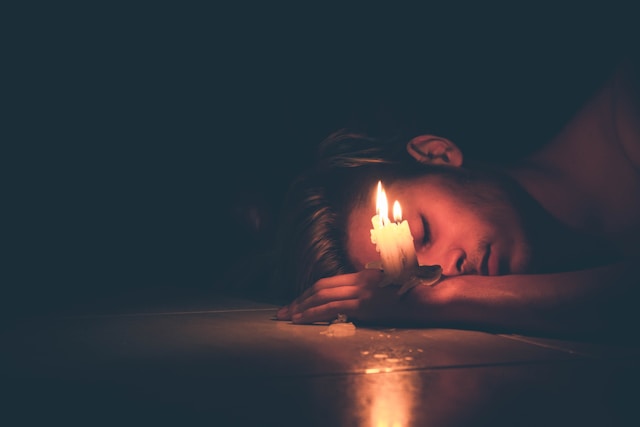In our digital age, the relationship between pornography consumption and mental health has become a hot topic of discussion. Particularly, the potential link between porn use and depression has sparked debates among researchers, healthcare professionals, and the general public. This article dives into this complex issue, exploring what we know and what remains uncertain.
The Porn-Depression Debate
At first glance, it might seem logical to assume a direct connection between excessive porn use and depression. However, the reality is far more nuanced. The American Association of Sexuality Educators, Counselors and Therapists (AASECT) has stated that there’s not enough evidence to classify porn use or addiction as a mental health condition, nor to directly link it to negative outcomes like depression.
Yet, this doesn’t mean there’s no relationship at all. Several studies have found associations between porn use and depressive symptoms, though the nature of this relationship isn’t entirely clear.
What Research Reveals
Recent studies have shed some light on the porn-depression connection, but they’ve also raised more questions. A 2019 survey involving both men and women found that depression might increase the likelihood of developing problematic porn use habits, especially for those turning to porn as an emotional escape.
Another study discovered that excessive porn consumption could raise the risk of depression for both genders. Interestingly, the frequency and duration of porn use seem to play a role. One research project found that male students who used porn more than three times a week reported higher rates of depression compared to those who used it less frequently.
The Chicken or the Egg?
One of the most intriguing aspects of this topic is the question of causality. Does porn use lead to depression, or does depression lead to increased porn use? The answer, it seems, could be both.
Some studies suggest that individuals with depression, particularly men, might turn to porn more frequently as a coping mechanism. This could be especially true for those who morally disapprove of porn, potentially leading to a cycle of use, guilt, and worsening depression.
On the flip side, excessive porn use might contribute to feelings of loneliness, anxiety, and reduced life satisfaction, which could potentially trigger or exacerbate depressive symptoms.
Beyond Depression: Other Factors at Play
It’s crucial to recognize that the porn-depression relationship doesn’t exist in a vacuum. Other factors come into play, such as:
- Moral and religious beliefs about porn
- Age of first exposure to porn
- Overall mental health and coping strategies
- Relationship status and satisfaction
These factors can influence how an individual perceives their porn use and whether it becomes problematic or leads to negative emotions.
The Addiction Debate
Another layer of complexity in this discussion is the ongoing debate about whether porn addiction is a real condition. While some researchers argue that compulsive porn use shares similarities with substance addictions, others contend that it doesn’t meet the criteria for a true addiction.
The American Psychiatric Association hasn’t officially recognized porn addiction as a disorder, which impacts how it’s viewed and treated in clinical settings.
Moving Forward: Seeking Help and Understanding
If you’re concerned about your porn use or are experiencing symptoms of depression, it’s essential to seek professional help. While there’s no one-size-fits-all treatment for problematic porn use, therapists can provide strategies to help you develop a healthier relationship with sexuality and media consumption.
For those dealing with depression, numerous effective treatments are available, ranging from therapy to medication. A mental health professional can guide you towards the best options for your situation.
Conclusion
The relationship between porn use and depression is complex and still not fully understood. While some studies suggest correlations, we lack conclusive evidence of a direct causal link in either direction. As research in this field continues to evolve, it’s crucial to approach the topic with an open mind and without judgment.
Remember, everyone’s experience is unique. Whether you’re struggling with porn use, depression, or both, know that help is available. Don’t hesitate to reach out to a healthcare professional for support and guidance. Your mental health and well-being are paramount, and seeking help is a sign of strength, not weakness.
Sources
- Borgogna, N., Duncan, J., & Mcdermott, R. (2018). Is scrupulosity behind the relationship between problematic pornography viewing and depression, anxiety, and stress?. Sexual Addiction & Compulsivity, 25, 293 - 318. https://doi.org/10.1080/10720162.2019.1567410.
- Perry, S. (2018). Pornography Use and Depressive Symptoms: Examining the Role of Moral Incongruence. Society and Mental Health, 8, 195 - 213. https://doi.org/10.1177/2156869317728373.
